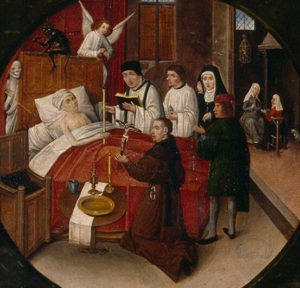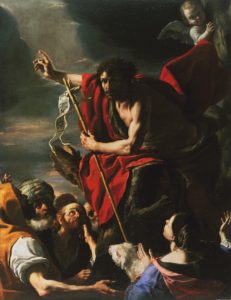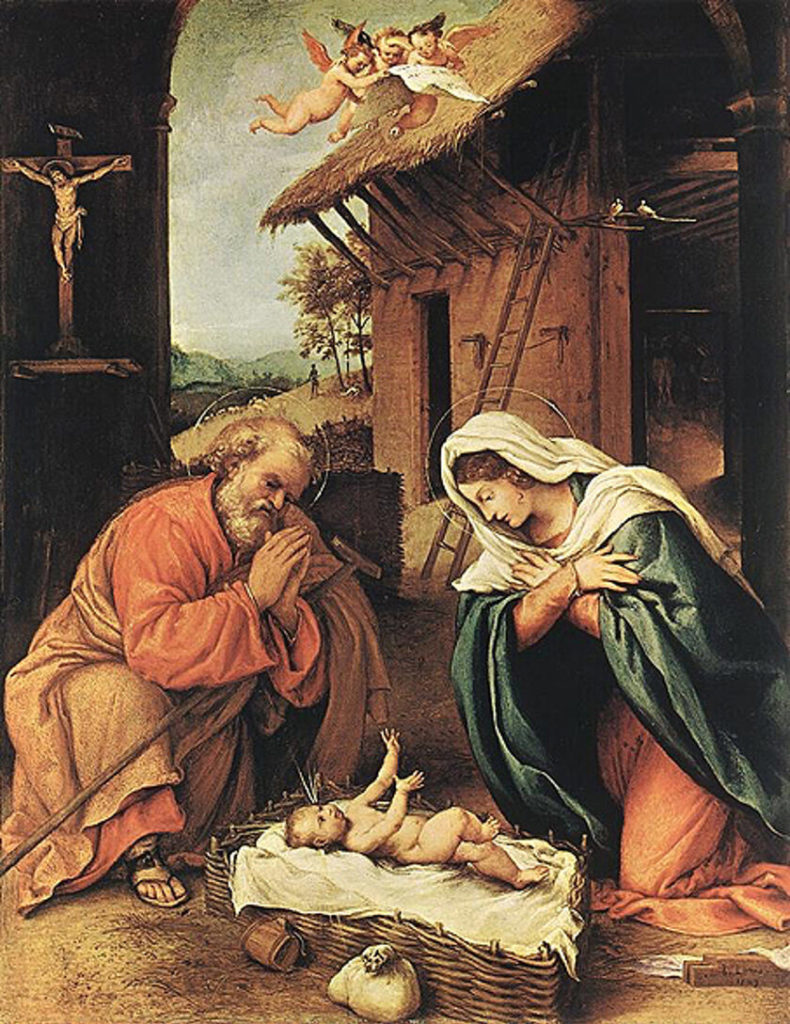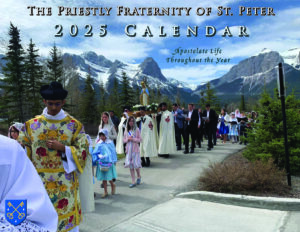Out of My Way!
Any of us who drive are likely guilty of getting annoyed with other drivers from time to time.
 We all have our pet peeves about what others do on the road, from the perpetual blinker, to those forgetting that a right turn can be made on the red, to those backing up traffic while trying to parallel park in a space that even a toddler could realize is too small. Even an old Far Side cartoon shares the sentiment by depicting hell with a special room reserved for those who drove too slow in the fast lane.
We all have our pet peeves about what others do on the road, from the perpetual blinker, to those forgetting that a right turn can be made on the red, to those backing up traffic while trying to parallel park in a space that even a toddler could realize is too small. Even an old Far Side cartoon shares the sentiment by depicting hell with a special room reserved for those who drove too slow in the fast lane.
Kidding aside, what this annoyance really boils down to is the fact that someone is observed to “be in my way.”
I am trying to get somewhere in a certain amount of time, and all these other drivers are preventing me from doing that; and if I am running late, especially through my own fault, the annoyance increases because they are now really getting in my way. After all, why must all these other drivers choose to be out on the road at the same time I am? But since they are, why cannot they just drive the same way I do? They are in my way.
Obviously, while sitting here calmly, we can all realize the opportunities such situations afford to practice charity and patience if we really took advantage of them.
When was the last time, for instance, we said a Hail Mary for the person who cuts us off, instead of saying other things, or even making gestures?
The traffic is what it is, people drive the way they do. We will always have our self-righteous slowpokes with identity-politics bumper stickers and inattentive drivers to deal with. But this attitude of annoyance we may sport towards other drivers gives us plenty of food for thought in regard to the care we must have for our souls, especially with Christmas fast approaching.
Once again, I get annoyed because someone is in my way; they are perceived to be an obstacle to reaching my desired destination.
 But where are we supposed to be going in this life of ours? What is our final destination?
But where are we supposed to be going in this life of ours? What is our final destination?
It is heaven. It begins here and we all have work to do in order to get there, not just externally but interiorly in our own souls. It is not a place we magically arrive at.
Yet in contrast to how we drive, how little annoyance we seem to have for things that get in our way and stall our growth of love for Christ.
If we are striving to take reasonable care of our souls, we should all be able to say with some measure of annoyance that we wish certain things were not there, or that certain things were there: this or that inclination to a sin, a lack of some virtue that is particularly difficult, a lackadaisical or superficial approach to prayer and the Sacraments that spur no real conviction of Faith, all things that impede my progress towards love for God and truly get in the way.
But this cannot just stop at annoyance. Reacting to something is not the same as doing something about it.
 On the last two Sundays of Advent, the Church presents us with the great and steadfast figure of St. John the Baptist, fulfilling the words of the prophet Isaias: A voice of one crying in the wilderness: Prepare ye the way of the Lord, make straight His paths. Every valley shall be filled; and every mountain and hill shall be brought low; and the crooked shall be made straight, and the rough ways plain. And all flesh shall see the salvation of God (Lk. 3:2-6).
On the last two Sundays of Advent, the Church presents us with the great and steadfast figure of St. John the Baptist, fulfilling the words of the prophet Isaias: A voice of one crying in the wilderness: Prepare ye the way of the Lord, make straight His paths. Every valley shall be filled; and every mountain and hill shall be brought low; and the crooked shall be made straight, and the rough ways plain. And all flesh shall see the salvation of God (Lk. 3:2-6).
Although John would point out Christ at the advent of His public life, this passage rightfully applies at the advent of His Birth. It is that call to reawaken our sense of responsibility towards our spiritual lives and how our own efforts of sanctification actually affect those of others. It is a call to be challenged by the Manger and subsequently by the Cross that follows it. It is an impetus to appeal the Holy Ghost to stir up in us a more devout practice of the Faith, the desire for good and frequent use of the Sacraments, a spirit of self-denial that seeks the will of God and acceptance of the hard things, to abandon escapism, to carry our crosses, to cultivate a relationship with Christ that impacts and transforms the soul, sparking a love for virtue, a hatred for sin.
It should compel us to pray what we need to pray about. In this way do we discover the crooked paths of false zeal, impure inclinations, and bad intentions that need straightening; the valleys of cowardice and sloth that need filling; the mountains of pride, selfishness, and worldly ambition that need leveling; and the rough paths of jealousy, hatred, lack of charity, and unwillingness to forgive that need smoothing.
The wood of the cradle and the wood of the Cross are inseparably linked.

This is how we have redemption; this is the Savior we look for and need. It is not just some honorary title. This is the meaning of Christmas that we all have the responsibility to profess in a world that thinks it has no need for a Savior.
And the greater our conviction of that, by the grace of God, so the higher we keep our standard and more readily admit to the things that we let get in our way.
December 22, 2020








